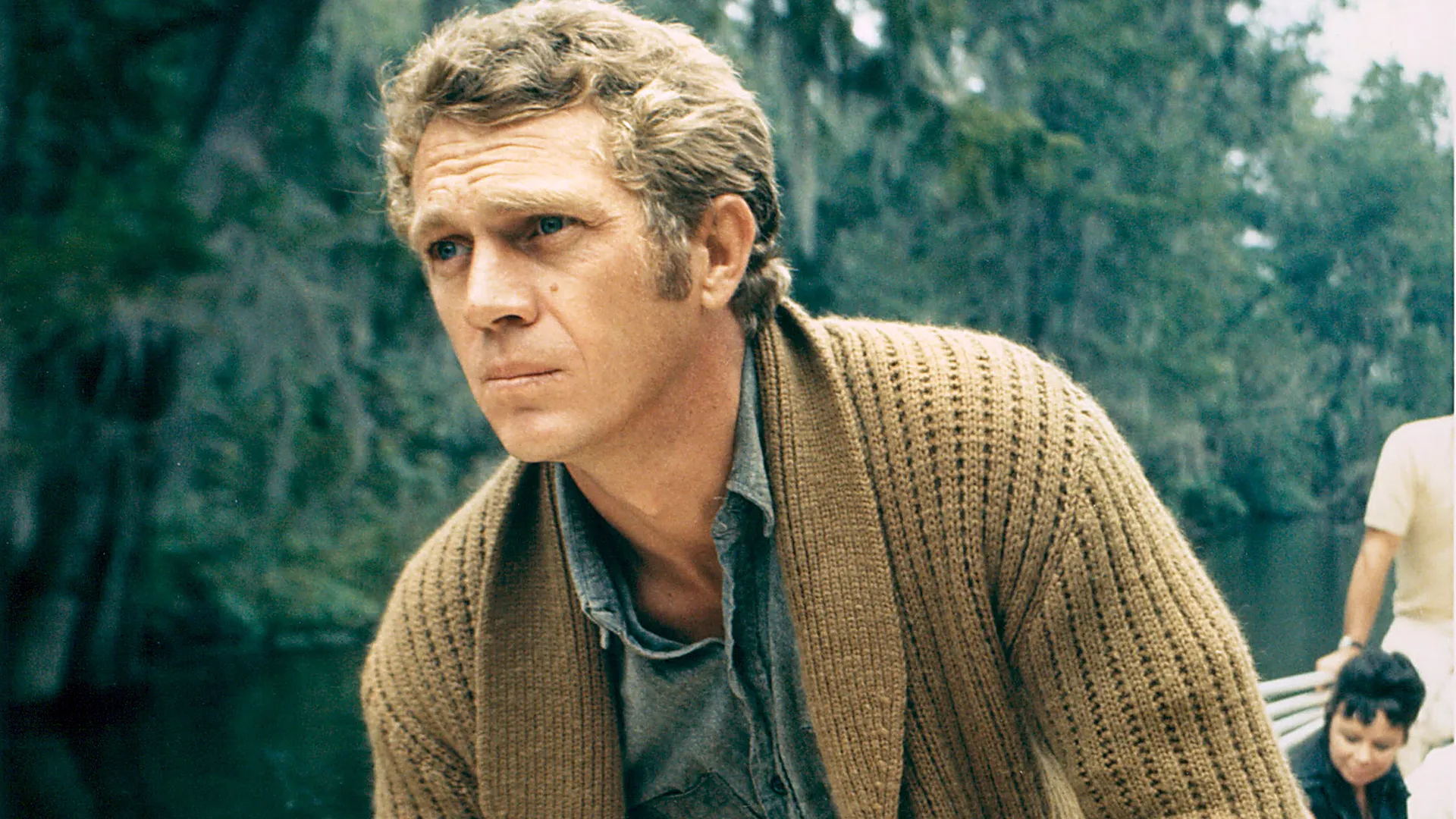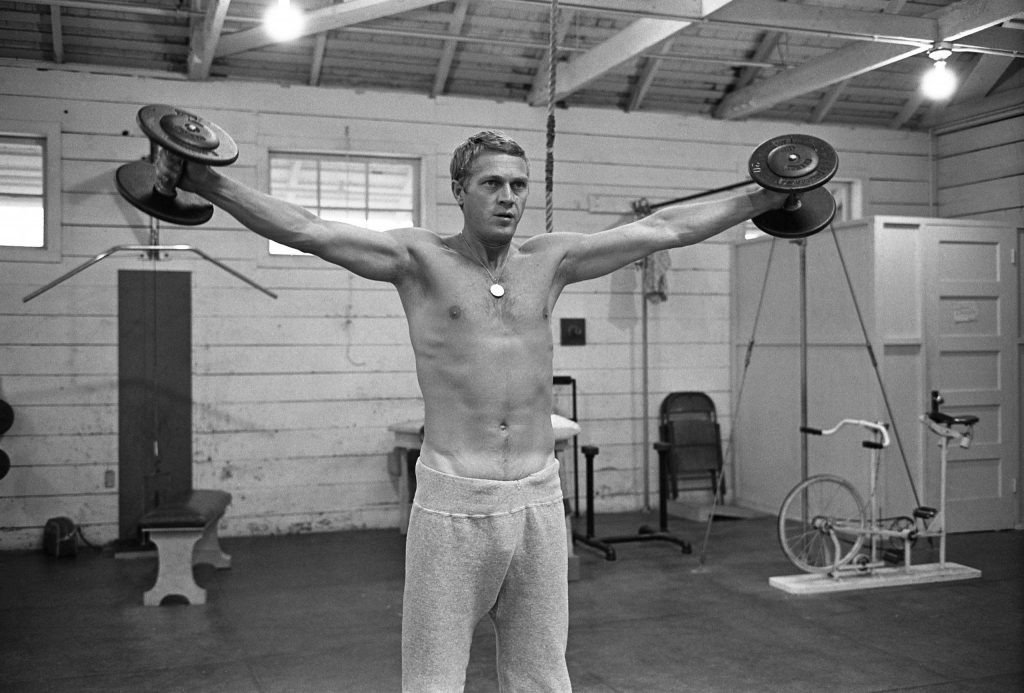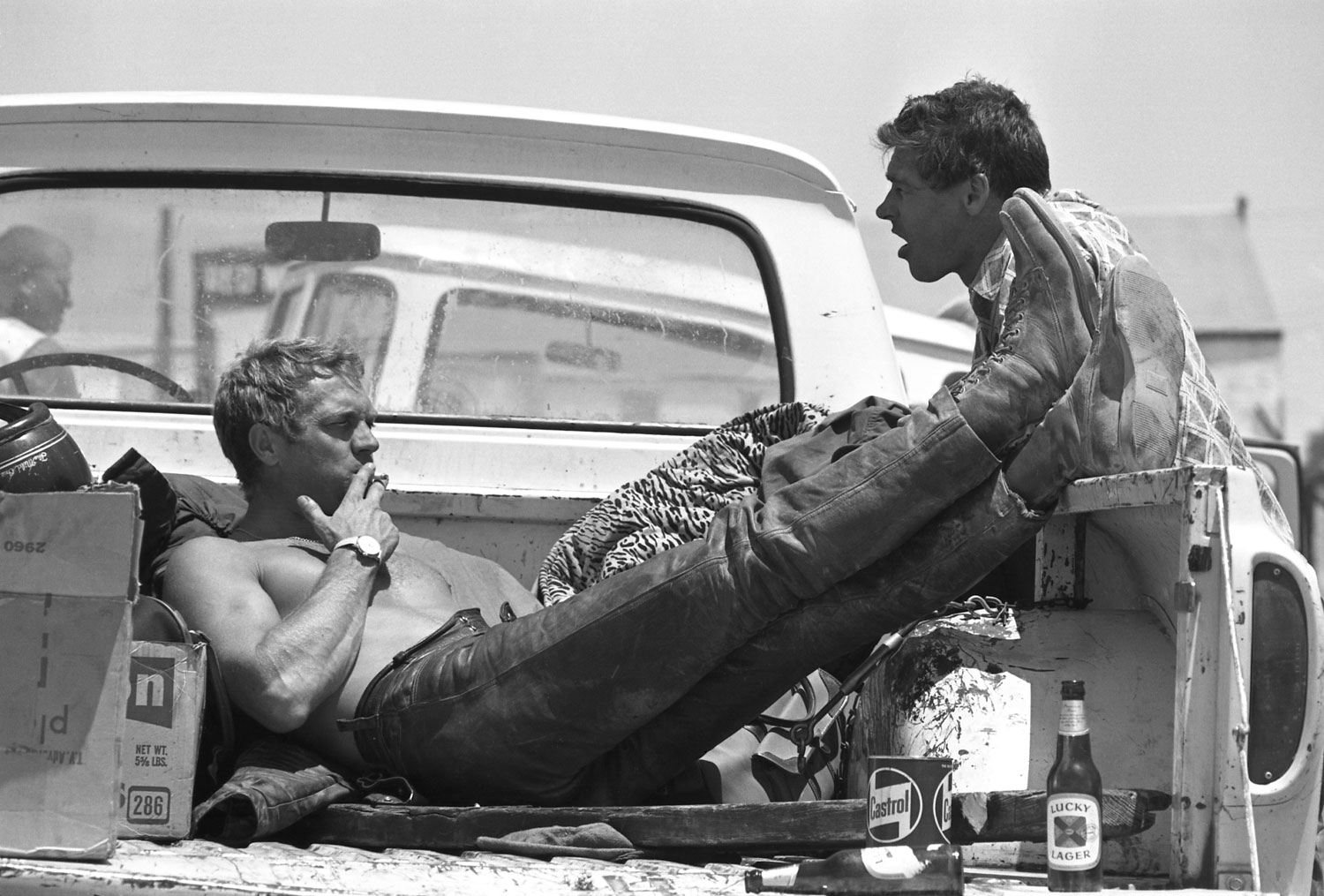Chad McQueen and Legendary Movies
Chad McQueen, the son of the iconic actor and martial artist Steve McQueen, has made a significant mark on the film industry in his own right. While he may not have reached the monumental heights of his father, he has carved a niche for himself, primarily as an actor, producer, and entrepreneur. McQueen’s journey through Hollywood is not just a reflection of his lineage but also a testimony to his passion for cinema and the legendary films that have shaped the industry.

A Heritage of Talent
Born on December 28, 1960, in Los Angeles, California, Chad McQueen grew up in an environment steeped in the world of film and fame. His father, Steve McQueen, known as the “King of Cool,” was a cinematic icon of the 1960s and 1970s, renowned for roles in classics like “Bullitt,” “The Great Escape,” and “Le Mans.” As a child, Chad was privileged to witness the behind-the-scenes magic of Hollywood, a world that would eventually draw him in.
Despite having a legendary father, Chad took time to find his own identity in the industry. He refused to lean solely on his family name, choosing instead to pursue his interests in martial arts, racing, and finally acting. His dedication to honing his craft laid the foundation for a career that would be marked by both triumphs and challenges.
>>> Buy now: Yoda Men Beach 3D Print Casual Breathable Hawaiian Shirt
Stepping Into the Spotlight
Chad McQueen’s foray into acting began in the late 1970s, but it was his performance in the 1978 film “The Karate Kid” that truly put him on the map. In this acclaimed film, he portrayed Dutch, a member of the Cobra Kai dojo and a formidable opponent to Ralph Macchio’s character, Daniel LaRusso. “The Karate Kid” has achieved legendary status, not only for its unforgettable characters and storylines but also for its timeless themes of perseverance and honor.
McQueen’s role, although a supporting one, resonated with audiences. The film’s success helped open doors for him and showcased his ability to embody a character that captured the nuanced overlay of teenage rivalry and honor in martial arts. Following this, Chad starred in “The Karate Kid Part II” (1986), further solidifying his connection to one of the most beloved franchises in cinematic history.
Beyond “The Karate Kid,” McQueen ventured into a variety of genres. He appeared in films such as “The Great Escape II: The Untold Story,” “Enemy Gold,” and “The Sweepers,” showcasing his range as an actor capable of tackling both action and drama.

A Behind-the-Scenes Influence
In the realm of film production, Chad McQueen has made meaningful contributions that extend beyond his on-screen performances. His work as a producer has enabled him to shape narratives and tell stories that matter to him. His commitment to the industry is manifested not just through acting but through his insight and understanding of storytelling.
In 1993, he founded a production company that focused on creating content that resonates with audiences while honoring his father’s legacy. This endeavor allowed him to explore new creative avenues while maintaining his commitment to quality filmmaking. Chad’s passion for storytelling is evident in every project he undertakes, as he seeks to honor the essence of filmmaking that his father embodied.
The Intersection of Cars and Cinema
One of the most profound connections Chad McQueen has with his father is through their shared love of cars. Steve McQueen was not only an actor but an exceptional driver and motorsport enthusiast, famously featured in films with iconic car chase scenes. Chad inherited this passion for automobiles and racing, a love that has led him to participate in various racing events and initiatives.
This affinity for cars has also found its way into his works. Chad has often referenced automotive culture in his projects, whether through action sequences or character development. The intersection of cars and cinema represents a unique aspect of Chad’s identity—one that connects him with his father and allows him to honor the legacy of film and racing.

A Reflection on His Legacy
As we reflect on Chad McQueen’s contributions to the film industry, we recognize that his journey goes beyond the shadow of his famous father. Chad has built a career firmly rooted in creativity, grit, and the relentless pursuit of excellence. While he may not have reached the same level of fame as Steve McQueen, his impact on the industry is undeniable.
Today, Chad continues to work as a producer and actor, remaining actively involved in projects that excite him. He recognizes the importance of storytelling, the thrill of performance, and the legacy of those who paved the way. As a result, he looks to inspire a new generation of filmmakers and actors who aspire to create lasting impressions on their audiences.
Chad McQueen’s story is one of passion, resilience, and creativity. While he carries the McQueen name, he has diligently worked to build his identity and contribute to the world of film. His selections of roles, production ventures, and love for cars have positioned him as a multifaceted figure in Hollywood, one who honors his father’s legacy while forging his own path.
As we celebrate the legendary movies that have defined genres and inspired audiences over the decades, it is essential to acknowledge the individuals behind the scenes, like Chad McQueen, who continue to impact movies in meaningful ways. His journey reaffirms the notion that while legacies can set the stage, it is the choices we make and the paths we carve that ultimately tell our stories. Through his work, Chad McQueen pays homage to his father’s extraordinary contributions while crafting his own legacy in the magic of cinema.

